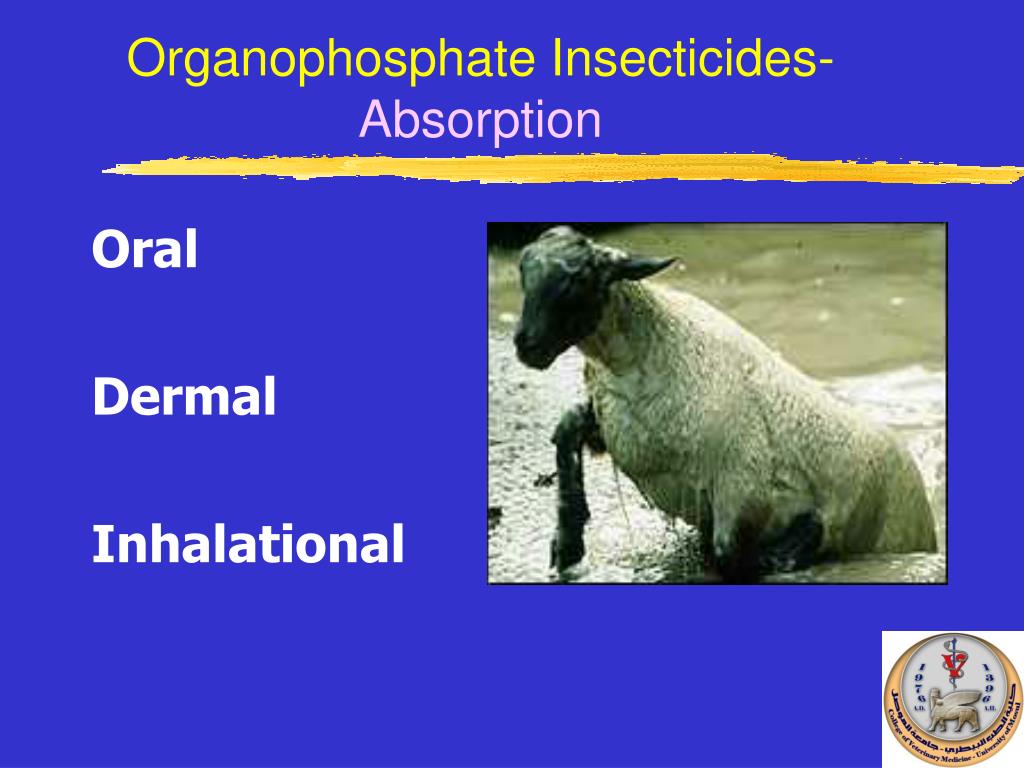
One was in Matsumoto in 1994 and the other was in the Tokyo subway in 1995. Sarin is an OP poison and there are two recorded episodes of deliberate release - both in Japan. Fortunately, terrorist or warfare use of OP is rare but the potential exists to expose a great many people at once.Intentional self-harm tends to involve much higher doses than accidental exposure. Hospital admissions for intentional OP poisoning are twice as numerous as for accidental poisoning.There is a much higher incidence in rural areas of the third world. The vast majority of cases are accidental from the use of pesticides.There are no accurate figures kept about the incidence of OP poisoning. This is a significant problem which may also affect children and further research in this field is necessary. This is supported by a case control study which reported that chronic exposure to OP pesticides can lead both to depressive and anxiety disorders and also to cognitive defects (unrelated to psychiatric disorders). The syndrome is inconsistent in those affected but is neither simply a post-traumatic stress disorder nor the result of acute OP poisoning and is likely to represent low-level chronic toxicity.

Certainly, insecticides were freely used, as were many other chemicals.

There is some suggestion that the use of OP pesticides may have caused some neurotoxicity and be responsible for 'Gulf War syndrome'. This is prohibited under the Geneva Convention but could be used by terrorists or rogue regimes. They are used as pesticides but can also be used as 'nerve gas'. Hence, acetylcholine accumulates at nerve synapses and neuromuscular junctions, stimulating muscarinic and nicotinic receptors and the central nervous system. The organophosphate (OP) pesticides inhibit acetylcholinesterase.


 0 kommentar(er)
0 kommentar(er)
